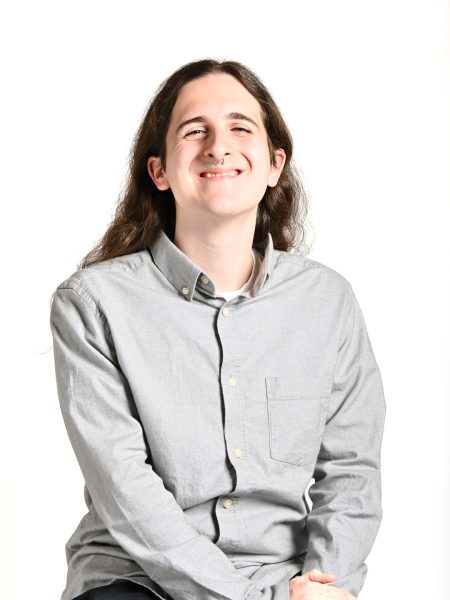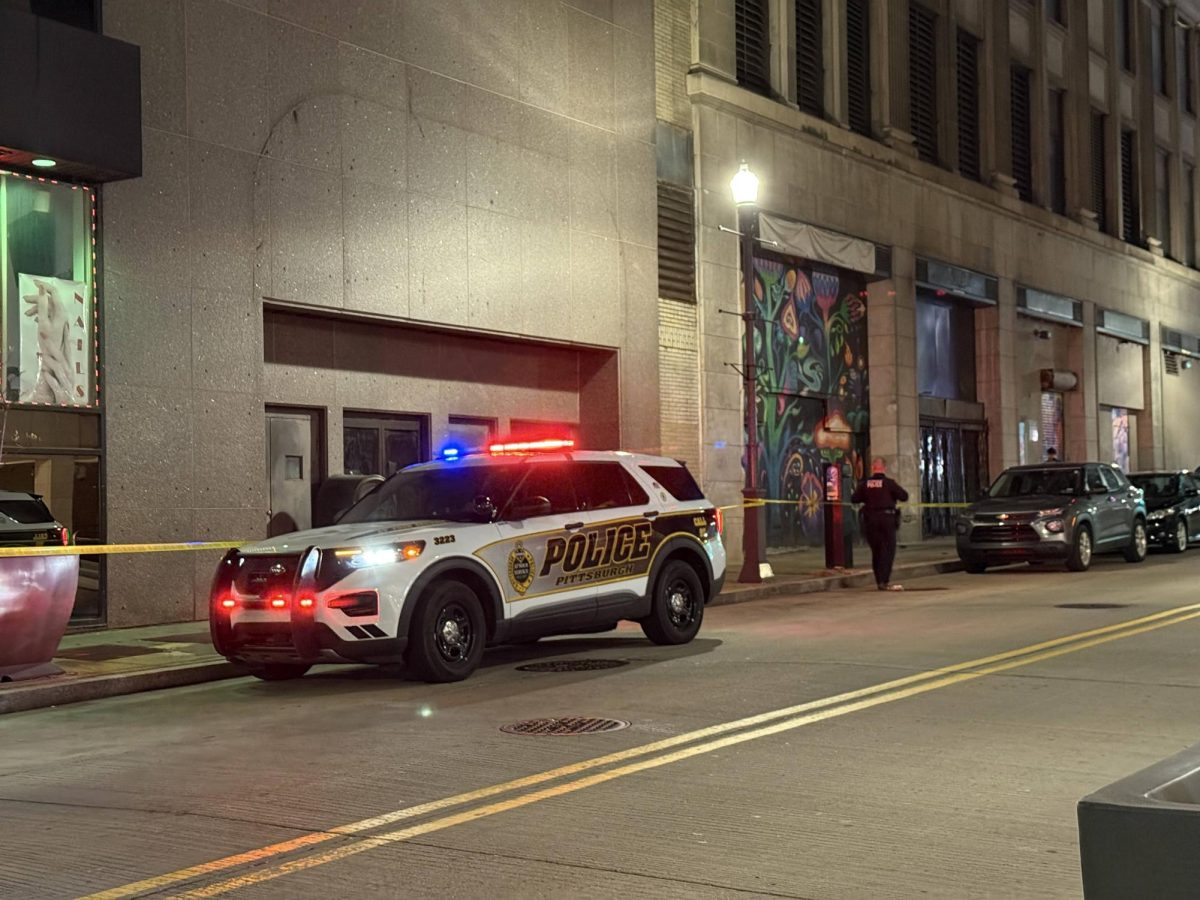Unlike Carnegie Mellon University (CMU), which now restricts on-campus student protests to those who are registered with the school, Point Park does not appear to be planning on enacting a protest policy.
According to CMU’s expressive activity registration website, any social gathering including peaceful assembly, demonstration, or protest must register with their Office of Student Leadership, Involvement and Civic Engagement (SLICE) to be permitted on their campus grounds.
“As outlined in the Student Handbook, the University has a detailed policy and process in place regarding the Code of Student Conduct,” said Natalie Rice, vice president of human resources, in a response given by email.
“The Handbook also clearly outlines what type of conduct may violate the code, and any reports made on potential violations are handled in a careful, thoughtful process by trained staff members and University leaders,” Rice said.
When trying to find information on the Point Park website regarding events like protests, none of the given results are related to student-led demonstrations on campus.
The same is true for terms like “expressive activity,” “demonstration” and “protest.”
Additionally, the 2023-2024 student handbook does not contain any mentions of the three previous terms.
The same is true for language regarding student encampments on university property.
It is unclear if the 2024-2025 student handbook does contain these terms, as it has not been published online.
Regarding free speech, the only mentions in the student handbook are about the usage of university-owned computers.
According to the section labeled “Policy for the Responsible Use of Computer and Technology Resources,” the University “respects the individual’s rights and protections under the First Amendment” in the context of technology usage.
However, the section also goes into the expectations of each user to use caution, be mindful and follow university policies as well as applicable laws.
Since it is considered private property, a demonstration on university property may not always be protected under the First Amendment. The First Amendment can only be applied as a blanket term to public property.
However, the 1968 Supreme Court case, Amalgamated Food Employees Union Local 590 v. Logan Valley Plaza, Inc., affirms that peaceful protesting in an area open to the public is protected by the First Amendment, no matter who owns it or whether it is legally considered private property.
Marsh v. Alabama also affirms this, which could apply to Village Park as well, since it is open to the public despite being considered private property.
Village Park has been the site of gatherings in the past. In October 2018, the Globe reported on students who peacefully gathered in Village Park after Brett Kavanaugh’s Supreme Court confirmation. Otherwise, the space has neither been used for student gatherings of this type often, nor has it been used for newsworthy protests.
While the legality of protests in privately owned public areas may not be up for debate, the same cannot be said for student encampments.
While Point Park has not had to face the problem of encampments on university property like other universities, the rules are ultimately up to how the administration would want to respond if such an event took place.
Kyle MacLaughlin, president of SGA, did not respond to multiple requests for comment.
Jeff Besong, assistant vice president of public safety and chief of police, said that Point Park police serve to maintain order on campus.
“We maintain a staff of fully accredited police officers who are trained and prepared to monitor demonstrations and ensure they remain peaceful and lawful,” said Besong. “We are always working with University leaders to ensure our officers are at the highest level of preparedness, should any unusual circumstances take place. Any public expressions on campus must be respectful, lawful and follow all applicable University policies and procedures.”






